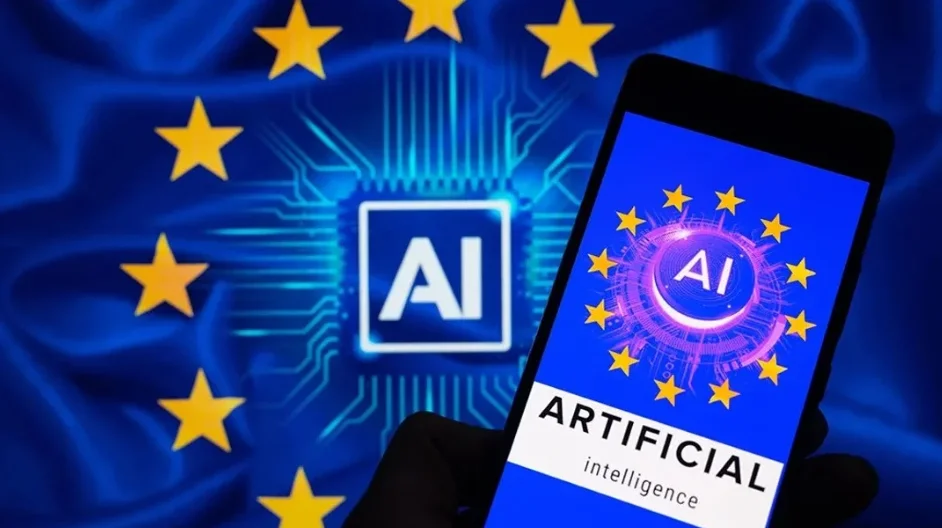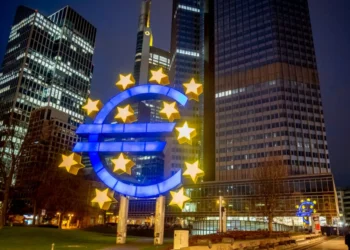BRUSSELS (Realist English). Key provisions of the European Union’s Artificial Intelligence Act will come into effect on 2 August, marking a significant shift in how AI technologies are regulated across the bloc. The new rules cover national oversight mechanisms, penalties for non-compliance, and obligations for general-purpose AI (GPAI) models, including systems like ChatGPT, Gemini, and Grok.
National authorities under pressure
From August, EU member states are required to formally designate national market surveillance authorities to monitor compliance with the AI Act. These regulators will have the power to oversee how AI systems are developed and deployed, including their risks to fundamental rights.
However, readiness is patchy. According to Laura Lazaro Cabrera of the Centre for Democracy and Technology, many countries are expected to miss the deadline, raising concerns over uneven enforcement. “It’s crucial that national authorities are competent and properly resourced,” she told Euronews.
Artur Bogucki, a researcher at CEPS, pointed to the complexity of implementation: “Establishing authorities, defining sanctions, and recruiting AI-literate personnel — all of this is difficult in Europe’s tight tech labour market.” He warned that coordination challenges with other EU regulations like GDPR, the Digital Services Act, and the Digital Markets Act could lead to enforcement gaps.
Fines up to €35 million
Also entering into force are the AI Act’s penalty provisions. Companies in breach may face fines of up to €35 million or 7% of global annual turnover, whichever is higher. Member states are required to adopt their own laws specifying how and when penalties apply, though lower fines will apply to SMEs.
Variability is expected. Lazaro Cabrera noted that while divergence in enforcement is likely, “forum-shopping has its limits” because national regulators can act against any AI system placed on the EU market.
GPAI regulation begins
Provisions governing general-purpose AI models — such as those powering chatbots, translation tools, and content generators — will also take effect. These rules aim to address issues like transparency, copyright compliance, and model safety.
In July, the Commission released a voluntary Code of Practice for GPAI developers. While not mandatory, signing it signals good-faith compliance. OpenAI and Google have agreed to sign; Meta has refused, claiming the rules restrict innovation.
Products placed on the market before 2 August will have a two-year transition period, while all new AI tools launched after that date must comply immediately.
The EU’s AI Act will continue to be phased in through 2026, with full implementation expected by 2 August 2027, setting the stage for a comprehensive legal framework governing artificial intelligence in Europe.


















